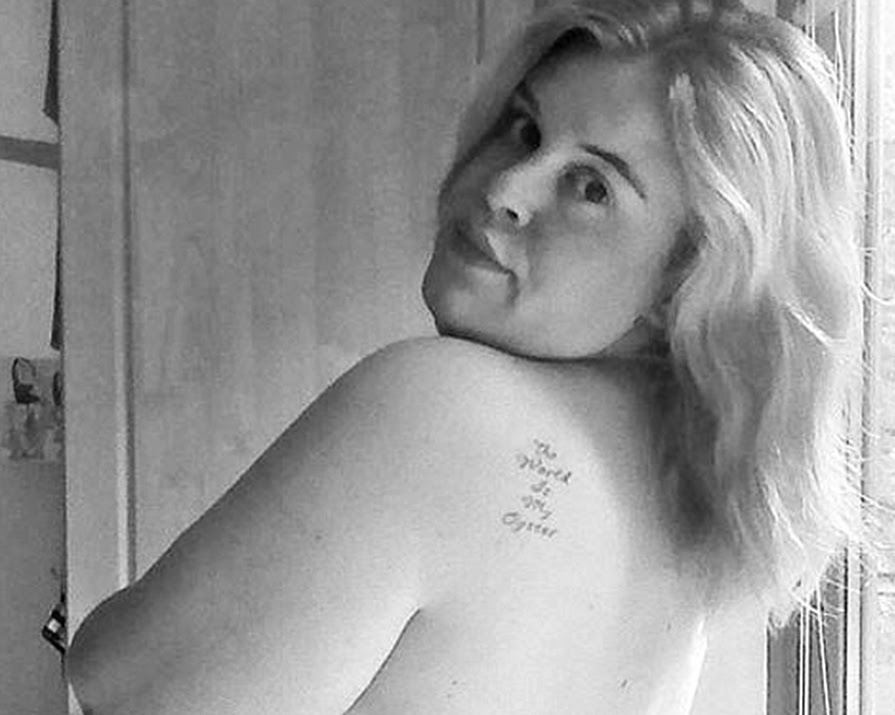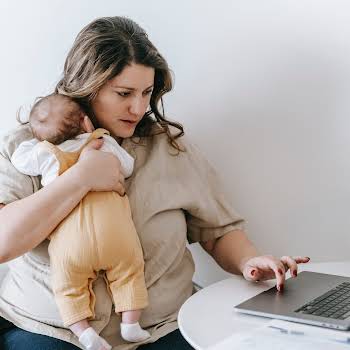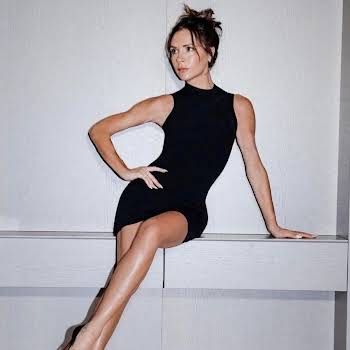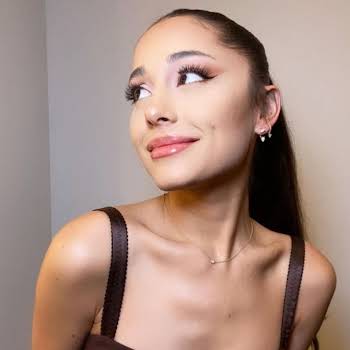By Sophie White
27th Nov 2017
27th Nov 2017
An Irish body positive queen tells Sophie White about finding empowerment through posing in her underwear and how she explains it all to her daughter
Sarah Tyrrell began her body positivity journey in her mid 20s after a lifetime of feeling shame about her body. Now, she uses her social media channels to open up conversations around diet culture, beauty standards, self-care and self-love.
What was it like posting your first ever underwear/nude pic?
I remember it like it was yesterday. My first underwear post was a picture I took in the mirror of my back in just a bra. Honestly, I felt sick posting it. I remember the nail biting minutes afterwards and the internal battle raging in my mind about whether or not I should delete it immediately, throw my phone into the sea and never leave my apartment again! It’s kind of funny looking back at that post now, because there was hardly anything on show at all in comparison to what I post these days. And yet it was an incredibly nerve wracking moment for me.

Were there particular reactions you were wary of?
Oh god yes! For the first month or so after I started posting, I would block every single person I knew. I genuinely didn’t want people to see my posts. I was posting these pictures, writing the captions, for me. It was like a new kind of therapy for me. I knew that my account had to be public in order for me to get the full benefits of what was essentially an exercise in self help. What good is putting yourself out there if you stop everyone and anyone from seeing you? Eventually I unblocked everyone I knew and started noticing my friends and family begin to follow me. That was very hard. It’s much easier to bare all to strangers you’ll never meet than to real life people that you have to see and interact with. It’s a new level of vulnerability.

Why do you post underwear shots and nudes photos?
I began posting them because I knew I had a real problem when it came to my relationship with my body. Having abhorred my body for so many years, to the point of feeling suicidal and turning to antidepressants, I was determined to cultivate self love. I felt as though my life depended on me making peace with my body, and I guess it did. I followed bopo accounts obsessively and was so inspired by the courage and wisdom of the women behind them. But I knew that just following wasn’t enough anymore. I needed to do something drastic to push myself out of my comfort zone and into personal growth. Since then the account has become as much about helping other women as it’s about helping myself. If something I share hits a nerve in another person, if it resonates and stays with them in a positive way, then that’s the most fulfilling thing I could ever ask for.
What was your journey to bopo like?
Unfortunately I don’t think many people find their way to body positivity without enduring a significant amount of pain first. All of my life I’ve hated my body, even as a child. That hatred grew over the years and I started to hate not only what I looked like, but who I was as a person. I believed my own daughter would be better off if I was dead. I don’t think I’ll ever be able to put that feeling into words. But thankfully I got help. A lot of my followers have found body positivity as a result of years and years spent battling eating disorders, self harm and mental illness. I guess it’s true what they say – when you hit rock bottom the only way is up!

How do you feel when people tell you that you inspire them? Does the responsibility make you feel pressured?
Yes, definitely. A lot of my followers are very emotionally vulnerable people. I think for so many people it’s such a relief to find a safe space online, a tribe that gets you and your experiences and your fears and your own internal battles. I know that’s how I felt when I first discovered bopo. I guess they feel they can share their own stories with me, especially when they’re often so similar to mine. And I’m honoured to hear them, really I am. But it can be very draining to have people insinuate that I’m somehow responsible for their emotional state. It makes me feel like I have to be constantly on, always posting, always writing profound captions that will inspire people. Sometimes I just don’t have it in me to write 200 words on diet culture, you know? But then I worry that if I don’t, I won’t be able to help these wonderful beautiful people who’ve reached out to me. It can be really stressful to be honest, but totally worth it nonetheless.
How do you feel about the kind of paradox of celebrating your body while kind of simultaneously objectifying it?
Well tell me this; who decides what objectification is? I often get criticised by trolls for being immodest. But I respond by asking, what is modesty? Isn’t it just giving others the power to decide how I should or shouldn’t present myself to the world? My body is an instrument for immense sexual pleasure. That’s not all it is, but it’s a very important part of it. And I feel absolutely no shame in celebrating that when I want to.
How do you feel about the word fat?
In the past, it was the worst word in the world to me. I couldn’t possibly count how many times other people have used it to hurt me. It was deeply painful. But then one day I just decided to change what it meant. Now, fat has about as much emotional weight to me as the words blond, tall and white. They all describe me. I’m all of those things. None of them are any reflection of my personal worth or value. They’re just things I am. Nobody can hurt me with any of them. I’d love to see more fat men and women take this approach. Words can only hurt us if we choose to let them, and it’s us who decides whether or not to give them the power to do so. But I totally understand the emotional connection so many people have with the word, so I’d never use it to describe another individual unless I knew they used it in the same way as me.

How did you explain your Instagram account to your daughter?
I’ve been really frank with Rosie about everything. I’ve tried to explain to her how me hating my body had lead me to that bad place. We talk about diet culture, the fitness industry, beauty standards in the media. Everything! Everyone is afraid to talk about difficult topics with kids but they’re so receptive to these ideas, they take it all in their stride.
Additional photography by
Follow Sarah:
www.sarahtyrrell.com
Instagram: @selflovewsarah
Twitter: @selflovewsarah






















